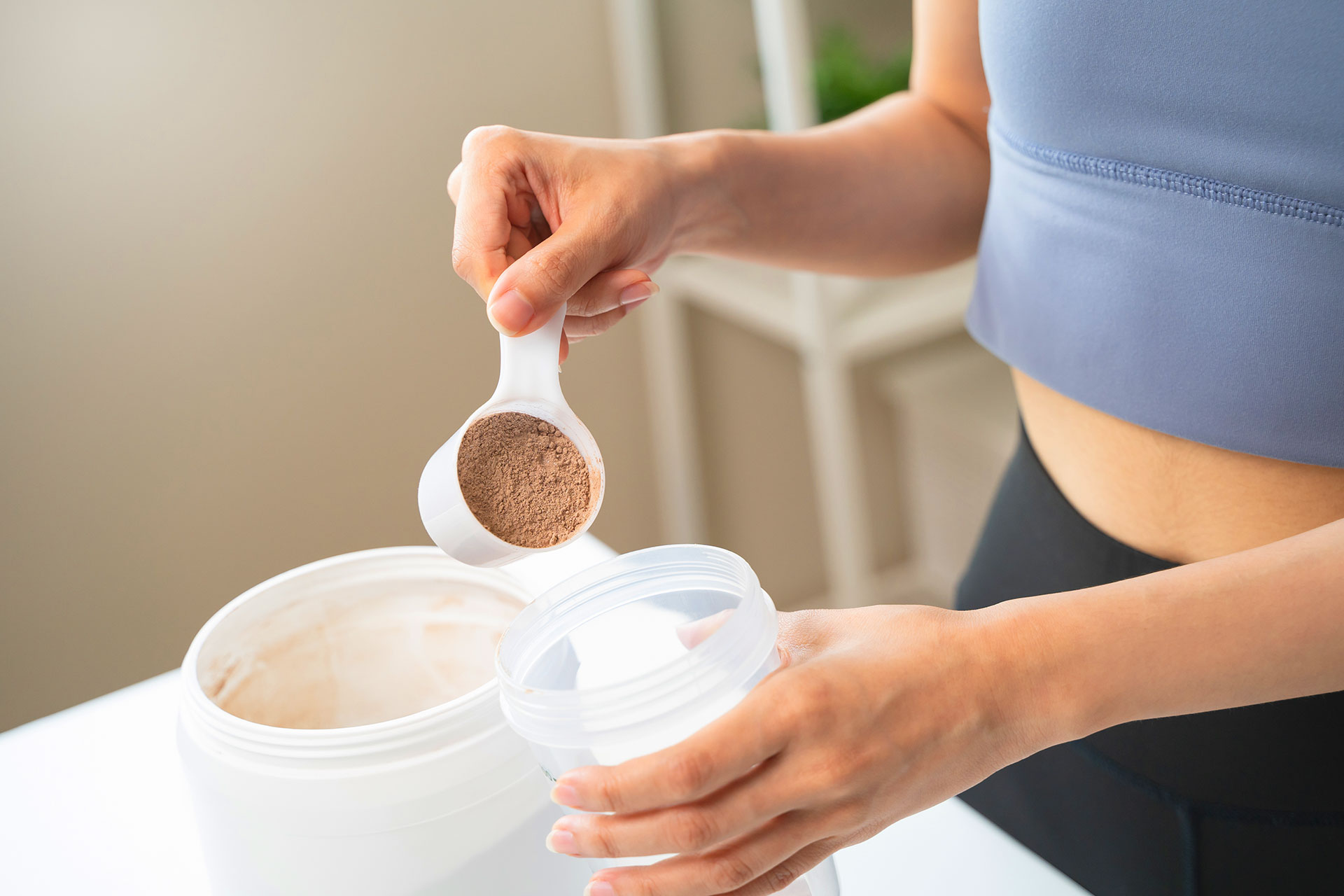The question of whether supplemental NAD helps is a complex one, and the science is still evolving. Here's a breakdown of what current research suggests: NAD+ levels naturally decline with age. This decline is linked to various signs of aging, including fatigue, cognitive decline, and an increased risk of age-related diseases. The idea behind NAD …
The question of whether supplemental NAD helps is a complex one, and the science is still evolving. Here’s a breakdown of what current research suggests:
NAD+ levels naturally decline with age. This decline is linked to various signs of aging, including fatigue, cognitive decline, and an increased risk of age-related diseases. The idea behind NAD supplementation is to boost NAD+ levels in the body, thereby potentially mitigating these age-related changes and supporting overall health.
How Do NAD Supplements Work?
Most NAD supplements don’t contain NAD+ itself, as it’s not well-absorbed orally. Instead, they provide NAD precursors, which are molecules the body can convert into NAD+. The most commonly studied precursors are:
- Nicotinamide Riboside (NR)
- Nicotinamide Mononucleotide (NMN)
- Nicotinic Acid (Niacin) – This is an older form of Vitamin B3 that can boost NAD+ but often causes an uncomfortable “flushing” side effect.
- Nicotinamide (NAM) – Another form of Vitamin B3.
- Tryptophan – An amino acid that can also be converted to NAD+, but it’s the least efficient precursor.
NR and NMN are currently the most popular and well-researched for their potential to increase NAD+ levels in the body more efficiently than other precursors.
Potential Benefits (Based on Preclinical and Early Human Studies):
While much of the promising research on NAD precursors has been conducted in animal models, human clinical trials are ongoing and have shown some intriguing results. Potential benefits suggested by these studies include:
- Increased NAD+ Levels: Human studies consistently show that oral supplementation with NR and NMN can safely and significantly increase NAD+ levels in the blood and sometimes in other tissues.
- Energy and Metabolism: NAD+ is central to energy production. Supplementation may lead to improved energy levels and support healthy metabolism.
- Healthy Aging and Longevity: By activating sirtuins (proteins linked to longevity and DNA repair), NAD+ precursors are being investigated for their potential to slow down aspects of the aging process and improve “healthspan” (the period of life spent in good health).
- Cognitive Function: Some research suggests potential for improved brain function, memory, and protection against age-related cognitive decline by supporting neuronal health and reducing neuroinflammation.
- Cardiovascular Health: Studies indicate potential benefits for blood flow, blood pressure regulation, and reducing arterial stiffness.
- Muscle Function: While the recent muscle study mentioned in the newsletter suggests muscle is resilient to extreme NAD depletion, other research points to NAD’s role in supporting mitochondrial function in muscles, potentially aiding in muscle recovery and performance, especially in older adults.
- DNA Repair: NAD+ is crucial for DNA repair mechanisms, which can help protect against DNA damage linked to aging and disease.
- Inflammation: Some studies suggest anti-inflammatory effects, particularly in older individuals.
- Weight Management: NAD+ plays a role in metabolic processes, and some research suggests it could assist with weight management.
Important Considerations and Limitations:
- Efficacy in Humans: While NAD+ levels can be increased, the extent to which this translates into significant, measurable physiological benefits in healthy humans is still being actively researched. The efficacy observed in preclinical (animal) studies has often been higher than what’s seen in human trials so far.
- Dosage and Long-Term Effects: Optimal dosages and the long-term safety of NAD precursor supplementation are still being determined.
- Individual Variability: The effectiveness of NAD supplementation may vary among individuals due to factors like gut microbiota, which can influence how precursors are metabolized.
- FDA Status: In the United States, the FDA has recently stated that NMN cannot be marketed as a dietary supplement due to its classification as a drug under investigation. This is a developing situation.
- “Fountain of Youth” Claims: While promising, it’s crucial to be wary of exaggerated claims that NAD supplements can “reverse” aging. The science is more nuanced, focusing on supporting healthy aging and healthspan.
- Consult a Healthcare Professional: Before starting any new supplement, especially if you have underlying health conditions or are taking medications, it’s always advisable to consult with a doctor or qualified healthcare provider.
In summary, supplemental NAD precursors show promise for boosting NAD+ levels and potentially offering a range of health benefits, particularly in the context of aging. However, larger-scale, long-term human clinical trials are needed to fully understand their efficacy, optimal use, and long-term safety.







